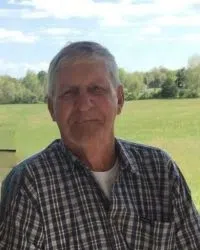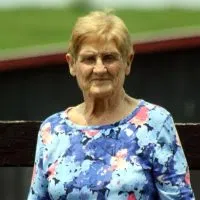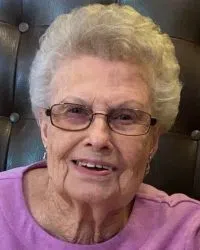The Glasgow City Council convened for its regular meeting Monday, June 24th, tackling a packed agenda that included significant and contentious topics.
The meeting took an unexpected turn when an amendment to the agenda allowed speakers from the nonprofit Refuge Bowling Green to present their work and address concerns regarding 30 refugees to be relocated to Glasgow.
The first to address the council was Matthew Stevens who detailed their efforts in helping refugees assimilate and integrate into the community, and also emphasized Glasgow and surrounding areas only stand to benefit from the introduction of the soon to be residents. This was reinforced in a conversation Stevens had with Councilman Patrick Gaunce in regard to the time frame given for the rehoming.
According to an e-mail sent to city officials, the refugees will be integrated into Glasgow sometime before September 30th.
Daniel Tarnagda, co-founder of the organization, answered the question of why Glasgow was chosen, posed by Councilwoman Marna Kirkpatrick.
Tarnagda and his wife moved to the area in 2015, according to the nonprofit’s website. After noticing the struggle other relocated individuals were having Tarnagda began his career in assisting and aiding these marginalized groups, officially becoming a nonprofit in 2018.
Programs offered by the organization range from English classes to employment placement, consonant with its mission statement, “This organization aims to provide Christ-centered services to immigrants and refugees, including English language learning, job placement, soft-skills development, and driver’s education.”
The organization works in partnership with local churches, representing that partnership Coral Hill Baptist Church’s Pastor Ray Woodie, addressed Councilman Max Marion after he asked what faith the incoming residents were.
The presentation aimed to clarify the process refugees undergo and the support structures in place to facilitate their transition. However, misinformation about the resettlement program had already stirred significant pushback from some Barren County residents, leading to a crowded and tense council chamber.
As council members posed questions to the nonprofit speakers about the specifics of the refugee intake process and the profiles of the individuals being resettled, the opposing crowd frequently interrupted with scoffs and laughter.
This disruption prompted Mayor Henry Royse to call for order.
Despite prior announcements that public comments would not be allowed during the meeting, tensions escalated when one individual demanded the opportunity to speak following the nonprofit’s presentation.
After being reminded that public comment was not part of the session, the individual incited others to leave the chamber in protest.
It’s important to note that the city council does not have jurisdiction over the decision to resettle refugees in Glasgow; their role was solely to provide information to the public and officials. The council aimed to foster understanding and transparency amid the community’s concerns and misconceptions.
The meeting next saw a change of course, as the council began the second reading of an ordinance prohibiting all cannabis business operations in the city limits.
In a significant policy shift, the council voted instead to allow medical cannabis businesses to operate within the city, overturning the proposed ordinance that sought to prohibit them in a close vote of 5-4 ultimately favoring to opt-in.
The ordinance under discussion aimed to opt the city out of this new legislation, effectively banning medical cannabis-related businesses from establishing operations in Glasgow. Initial discussions saw strong arguments from both sides.
Councilman Terry Bunnell expressed concerns over policy changes and the potential lack of preparedness on the city’s part, maintaining his original position of caution on such a monumental change.
Opponents, however, highlighted the medical benefits for patients suffering from chronic conditions, the potential economic boost from new businesses, and the regulated nature of the industry. Councilman Joe Trigg, a vocal proponent for the legalizing of medical cannabis, outlined a portion of his reasoning to the council, making note of the safety risks that could stem from patients driving long distances while in pain.
The turning point came when two council members, Chasity Lowery and Patrick Gaunce both previously inclined to support the ban, decided to vote against the ordinance. Lowery took a moment to explain her reasoning for changing her stance, as she had voted for the prohibition at last reading.
Much like Lowery, Gaunce’s vote was not only influenced by noticeable support from Glasgow residents, but also from personal experience.
Their change of heart was influenced by testimonies from medical professionals and patients who emphasized the therapeutic value of cannabis for various ailments. The final vote saw Trigg, Lowery, Gaunce, Marion, and Kirkpatrick all oppose the ban, thereby allowing medical cannabis businesses to operate under the state’s regulations.
This decision aligns Glasgow with the broader state movement towards medical cannabis legalization and opens the door for new healthcare opportunities in the area.
Several of the council members acknowledged the complexity of the issue and the diverse opinions within the community.
As Glasgow stands at the crossroads of growth and adaptation, council members must choose how best to serve the residents who elected them. This daunting task is made no easier with a multitude of voices attempting to sway officials and by extension the municipality toward a specific end. Through education and a mutual respect of opinions the legislators of Glasgow are poised to lead the city down the best path, diversifying not only the city’s industry but also, its community.













